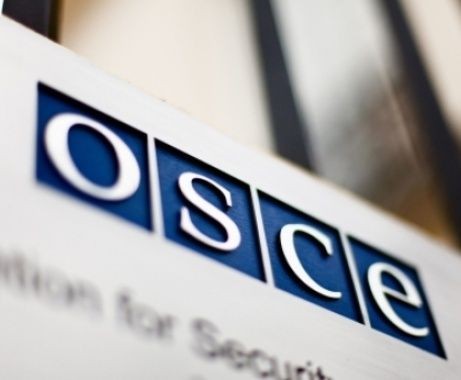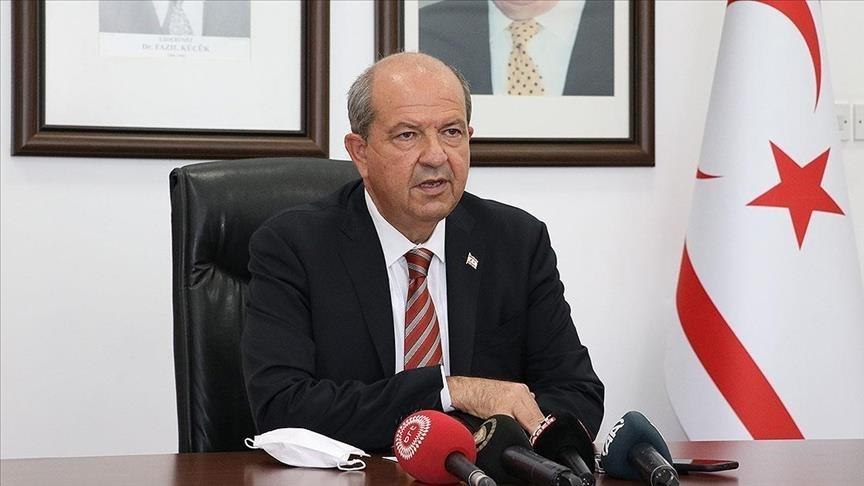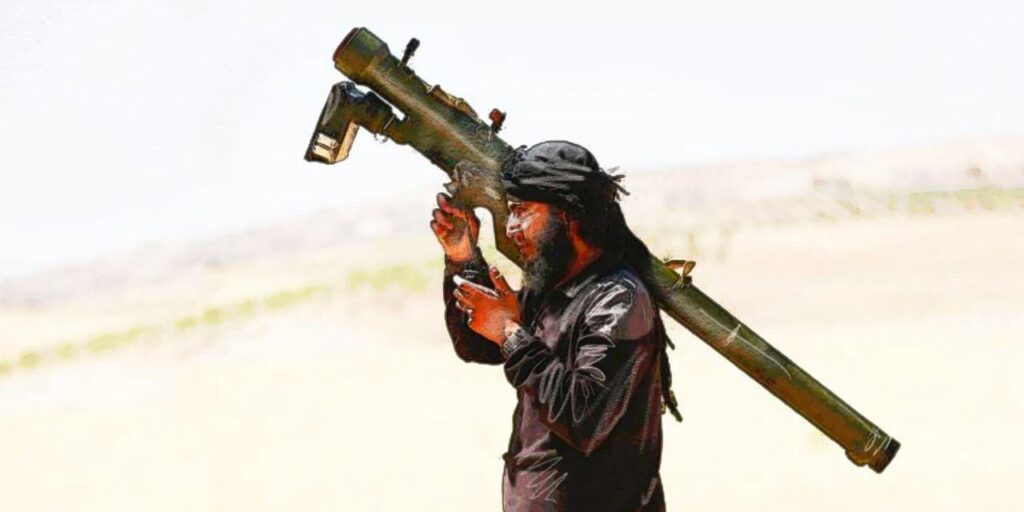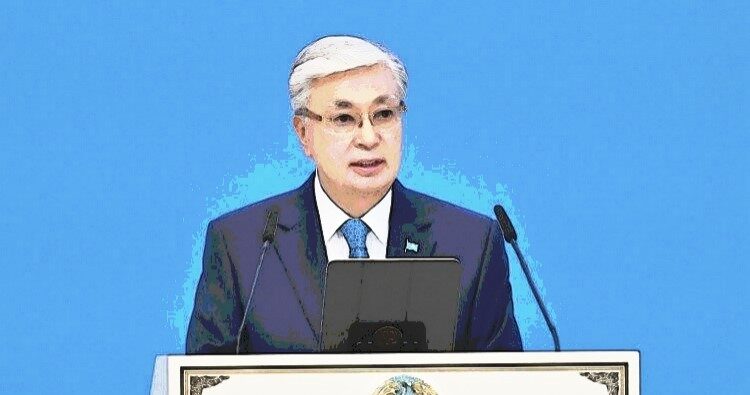DUSHANBE (TCA) — A two-day expert meeting on how to address the digital dimensions of violent extremism in Central Asia opened on December 12 in Dushanbe for some 70 experts from all the Central Asian states and Afghanistan. The participants include representatives of law enforcement agencies, relevant state institutions, the ICT industry, civil society, youth organizations, academia, and the media.
The meeting was organized by the Government of Tajikistan in co-operation with the Institute for War and Peace Reporting, the “Civil Initiative on Internet Policy”, and the Action against Terrorism Unit of the OSCE’s Transnational Threats Department.
“The very essence and the added value of the internet stems in large part from the fact that it was developed outside of any governmental regulation or interference,” said Gerrit Zach, Acting Deputy Head of the OSCE Programme Office in Dushanbe. “Therefore, governments should bear in mind that regulation may be ineffectual, or even counterproductive, if it fails to respect international human rights and freedoms, including the freedoms of expression, association and religion or belief, and the rights to privacy, due process and to a fair trial.”
“Terrorist groups are increasingly using communication technologies to advance their agendas across the entire Central Asian region,” said Sulaimon Davlatzoda, Chairperson of the Committee on Religion, Regulation of the National Traditions, Celebrations and Ceremonies under the Government of Tajikistan. “Therefore we should be able to develop new and effective ways to co-operate on this front at the regional level.”
The experts meeting includes presentations on best practices from Central Asian experts and international experts from Canada, Israel, Russia, the United States and OSCE. They will highlight relevant best practices on effectively addressing the threats posed by the exploitation of the internet by terrorists while respecting privacy and freedoms of expression, association, peaceful assembly, and religion or belief, as well as the need to preserve global connectivity and the free and secure flow of information.
An outcome document summarizing the key findings of the panel discussions and how to strengthen sustainable and realistic co-operation and co-ordination in the Central Asian region on issues related to preventing and combating violent extremism online will be produced.
This is the third expert meeting organized on the topic of addressing the digital dimensions of violent extremism in Central Asia and is a follow-up to the previous meetings held in 2017 and 2018 in Kyrgyzstan.









